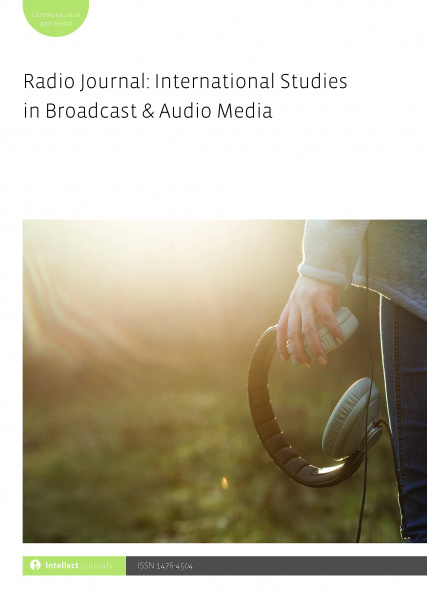
Full text loading...

At the turn of the millennium, scholars and pundits reflected on how communication systems could shape events and societies, often while basking in the perceived glow of the then-novel Internet. Others pled for reasoned engagement with the interplay between communication infrastructures and the social life of knowledge, a much-needed corrective in a moment of rampant breathless digital utopianism. This article explores the interplay between communication infrastructures and the social life of knowledge through specific sociotechnical arrangements, low-power FM (LPFM) radio and large-scale commercial Internet-based ‘platforms’, both of which exist in our historical present. In particular, I use the formation of LPFM, which occurred at the same time that commercial Internet traffic picked up steam, in order to ‘excavate the future’: I return to a not-so-distant past to consider what might yet be. The article’s central claim is that the case of LPFM is even more relevant now than at its inception, in a context where behemoth commercial Internet ‘platforms’ have come to dominate electronic communication.

Article metrics loading...

Full text loading...
References


Data & Media loading...

Publication Date:
https://doi.org/10.1386/rjao_00013_1 Published content will be available immediately after check-out or when it is released in case of a pre-order. Please make sure to be logged in to see all available purchase options.